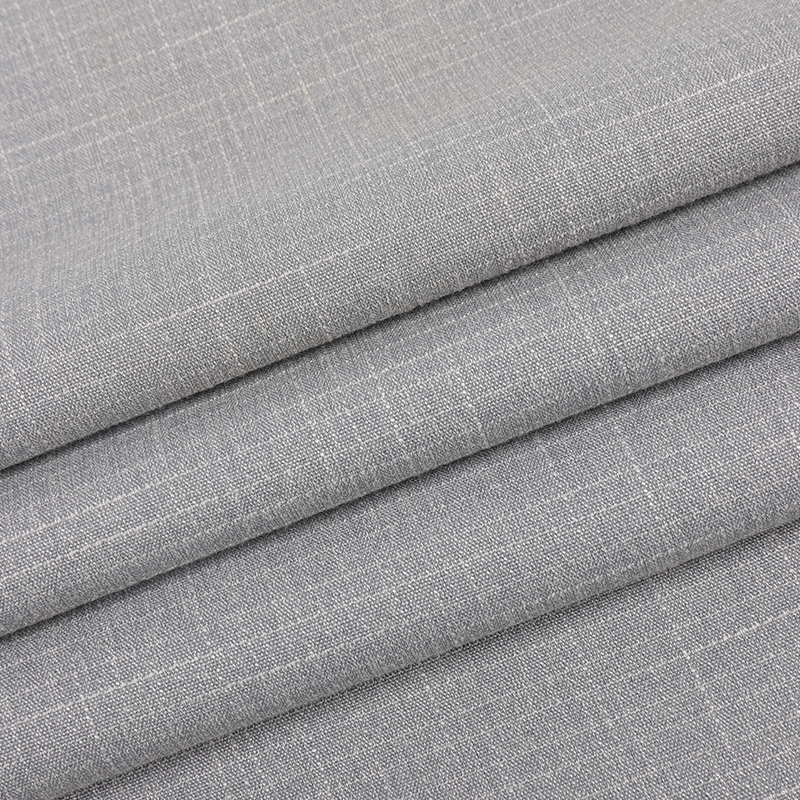If you are interested in some of our products, please feel free to visit our website or contact us for detailed information.

Polyester is one of the most common fabrics in consumer apparel. It is a synthetic fiber made from petroleum-derived ethylene. Typically, the chemical is combined with other polymers using a scientific process known as polymerization. The result is a soft, shiny, and highly-absorbent material that is incredibly versatile.
The manufacturing of polyester has a variety of detrimental environmental impacts. Its raw materials require fossil fuels, which are a finite resource that needs to be carefully balanced with other renewable energy sources. Furthermore, the refinement and extraction of these fossil fuels produces harmful toxins in waterways and on land that can harm living things. The polyester industry itself often employs unethical labor practices, and workers may be exposed to chemicals that cause neurological damage or cancer.
Once the ethylene is transformed into polyester fiber, it can be dyed and treated in ways to enhance its versatility and functionality. In some cases, polyester is combined with other natural fibers to reduce production costs and improve comfort. For example, it is common for apparel manufacturers to mix cotton with polyester to make clothing that combines the strength of the synthetic fabric with the comfortability of a natural product.
Regardless of its benefits, polyester has negative environmental impacts at every stage in the manufacturing process. It takes a long time for polyester to decompose in soil, and it releases toxic chemicals into the air. Furthermore, it contributes to global warming by releasing greenhouse gases.
In addition, the processing of petrochemicals to produce polyester introduces harmful byproducts into the environment, and these byproducts can poison ecosystems. The resulting wastewater from polyester production is frequently discharged into lakes and rivers, where it can poison marine life.
Finally, polyester's environmentally harmful effects continue into the consumer market. According to a groundbreaking 2014 study, washing polyester garments by hand or in machines releases tiny synthetic microfibers into the world's water supply. This pollution harms the health of marine life and contaminates drinking water in places around the globe.
In light of the above, it is important for consumers to seek alternatives to traditional polyester products. Fortunately, plant-based polyester is an option that could provide many of the same functionalities as PET polyester while being more environmentally friendly. However, it's unclear whether this substitute for the petroleum-based fabric will gain significant traction within the textile market.


 English
English 中文简体
中文简体 Español
Español Français
Français italiano
italiano








